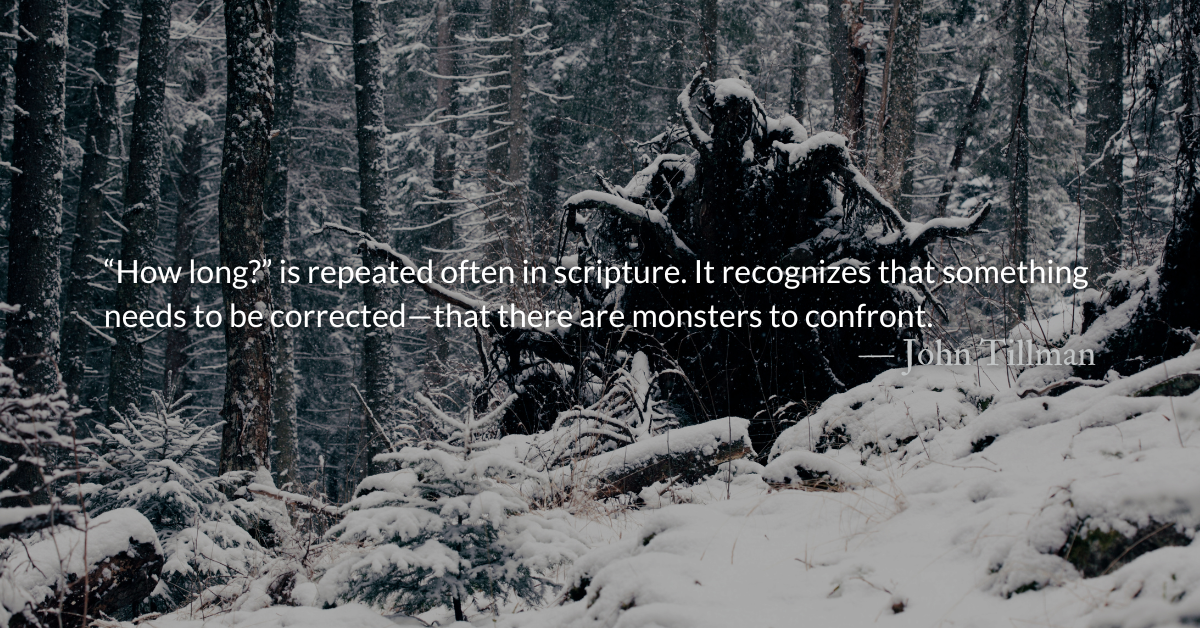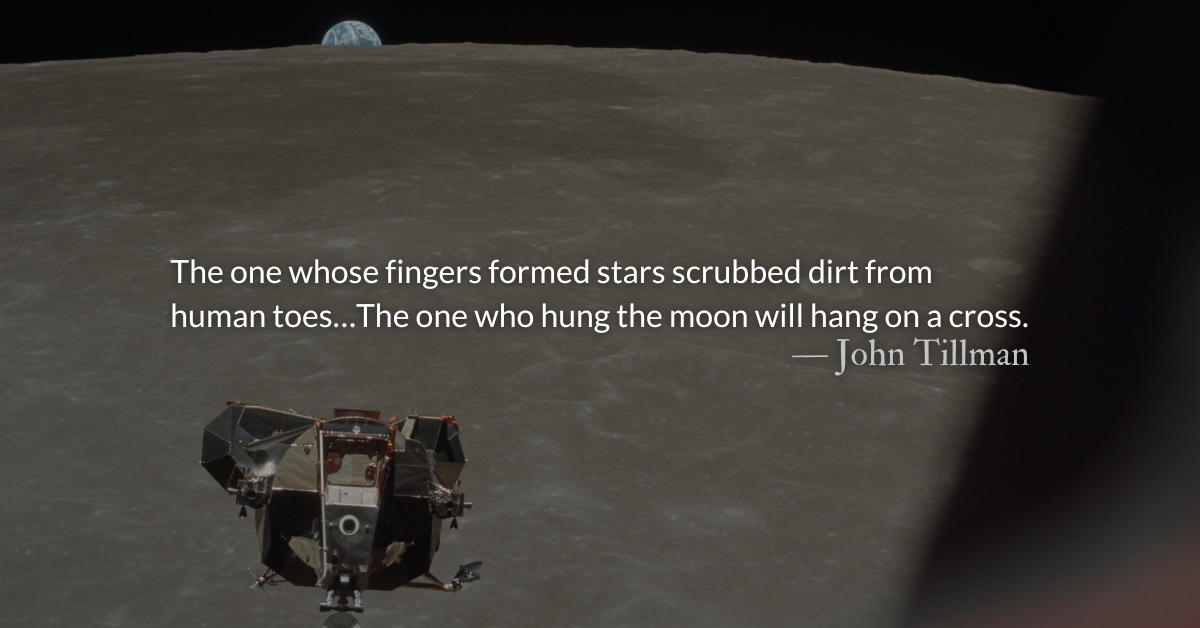Scripture Focus: Job 33:13-14
13 Why do you complain to him
that he responds to no one’s words?
14 For God does speak—now one way, now another—
though no one perceives it.
Reflection: Reexamining Wisdom
By Erin Newton
There is a stirring in the Christian world. People are asking about life, becoming perplexed at how things are. Many questions are about the Church and its purpose, motives, plans, and policies. The stirring seeks to disturb the status quo. There is a sense of hope that change is on the way.
For many, this is a frightening prospect. Content to hold fast to the ways of tradition, every daring question is considered cautiously. The world works this way, we say. God responds like this. The old patterns are not altogether wrong, but the narrowed perspective can be unhelpful to those with questions.
Elihu speaks to Job out of his own tradition with clear speeches of how things are. His response is not surprising. Each word is a repetition of the wisdom of the day. We’ve seen this throughout the book. The dominant view of God and his people was that those suffering likely deserved it.
When Job complains about God not answering his complaints, Elihu responds tersely, “Of course he has answered you!” He speaks of God answering through dreams that terrify or pain that chastens. Always with the perspective of justice, the wisdom given by Elihu is that Job’s suffering must be a lesson he has to learn.
Job continues to plead his case. His conscience clears him of believing Elihu’s speech is applicable to him. His questions continue to reveal a different perspective or at least he longs to hear something new, something to change the status quo of ancient wisdom. “For God does speak,” Elihu says and that should bring comfort. Job demands of God to speak something new.
We read the story of Job to find comfort in our own suffering. We like to know we are not alone when the pain feels unjustified. We often don’t consider how the story presents a picture of the community wrestling with different perspectives of life. The friends are rooted in their traditional wisdom, and it has served them well over the years. Job’s circumstances force him to look for another answer and beg God to explain it to him.
The stirring in the Church today is a plea to reexamine the wisdom of our day. Is it rightly applied? Are we addressing the community properly? Do we spout spiritual truths to a hurting world without listening or are we joining the plea for God to answer?
Divine Hours Prayer: The Request for Presence
Show us the light of your countenance, O God, and come to us. — Psalm 67.1
– From The Divine Hours: Prayers for Summertime by Phyllis Tickle.
Today’s Readings
Job 33 (Listen 3:00)
Psalm 17 (Listen 1:58)
Read more about The Ever-Patient Agriculturalist
Our soil can resist his seed. Our roots can refuse his tending. Our branches can frustrate him with our fruitlessness.
Read The Bible With Us
Take time to delight in reading God’s Word. Immerse in the Bible with us at a sustainable, two-year pace.











